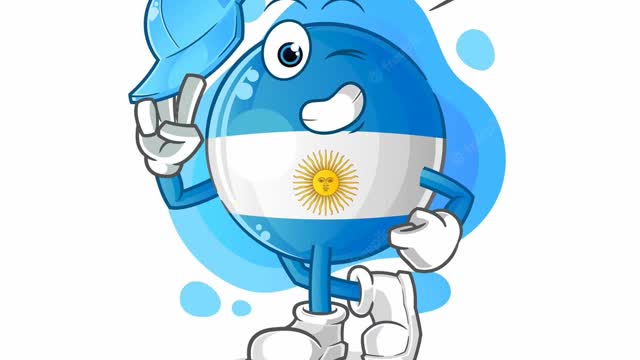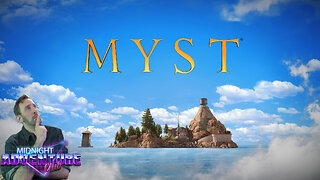Premium Only Content

Argentina's history
Argentina is a country located in South America. It has a long and complex history, with indigenous cultures, European colonization, and a rich cultural heritage.
The earliest human settlements in Argentina date back to around 13,000 years ago, when indigenous peoples, including the Incas and the Patagonians, inhabited the region. These cultures developed complex societies and were skilled in agriculture, metalworking, and other crafts.
In the 16th century, Argentina was colonized by the Spanish. During this time, the country was known as the Viceroyalty of the Río de la Plata, and was an important center of trade and commerce. The city of Buenos Aires, which is now the capital of Argentina, was founded in 1536 by Spanish conquistador Pedro de Mendoza.
Throughout the 18th and 19th centuries, Argentina underwent a series of political and economic changes. In 1816, the country declared its independence from Spain, and a series of leaders and governments ruled Argentina over the following years. During this time, the country underwent rapid industrialization and urbanization, and became an important player in international trade.
In the 20th century, Argentina experienced periods of political instability and economic turmoil. In 1976, a military coup brought a dictatorship to power, which ruled until 1983. The dictatorship was marked by human rights abuses and economic mismanagement, and the country experienced a major economic crisis in the late 1990s.
Since then, Argentina has made efforts to rebuild its economy and address its political and social issues. Today, it is a diverse and vibrant country with a rich cultural heritage and a promising future.
Here are some key events in the history of Argentina:
1536: The city of Buenos Aires is founded by Spanish conquistador Pedro de Mendoza.
1816: Argentina declares its independence from Spain.
1853: Justo José de Urquiza, leader of Entre Ríos, leads a successful revolt against the centralist government in Buenos Aires, establishing the Argentine Confederation.
1880-1916: Argentina experiences rapid industrialization and urbanization, becoming an important player in international trade.
1930: Military coup brings General José Félix Uriburu to power.
1943: Military coup brings General Juan Perón to power.
1976: Military coup brings a dictatorship to power, which rules until 1983.
1983: Democracy is restored in Argentina after the fall of the dictatorship.
1999: Argentina experiences a major economic crisis.
2003: Nestor Kirchner becomes president of Argentina.
2015: Mauricio Macri becomes president of Argentina.
-
 LIVE
LIVE
The Bubba Army
22 hours agoWill Michael Jordan TAKE DOWN NASCAR - Bubba the Love Sponge® Show | 12/05/25
1,340 watching -
 35:55
35:55
ZeeeMedia
15 hours agoPfizer mRNA in Over 88% of Human Placentas, Sperm & Blood | Daily Pulse Ep 156
19.6K106 -
 LIVE
LIVE
Pickleball Now
5 hours agoLive: IPBL 2025 Day 5 | Final Day of League Stage Set for Explosive Showdowns
236 watching -
 9:03
9:03
MattMorseTV
18 hours ago $19.08 earnedIlhan Omar just got BAD NEWS.
47.1K96 -
 2:02:41
2:02:41
Side Scrollers Podcast
22 hours agoMetroid Prime 4 ROASTED + Roblox BANNED for LGBT Propaganda + The “R-Word” + More | Side Scrollers
148K15 -
 16:38
16:38
Nikko Ortiz
16 hours agoVeteran Tactically Acquires Everything…
31.6K1 -
 20:19
20:19
MetatronHistory
2 days agoThe Mystery of Catacombs of Paris REVEALED
22.1K3 -
 21:57
21:57
GritsGG
20 hours agoBO7 Warzone Patch Notes! My Thoughts! (Most Wins in 13,000+)
25.7K -
 2:28:08
2:28:08
PandaSub2000
14 hours agoMyst (Part 1) | MIDNIGHT ADVENTURE CLUB (Edited Replay)
17.3K -
 1:12:43
1:12:43
TruthStream with Joe and Scott
5 days agoJason Van Blerk from Human Garage: Reset your life with Fascial Maneuvers,28 day reset, Healing, Spiritual Journey, Censorship, AI: Live 12/3 #520
31.7K4